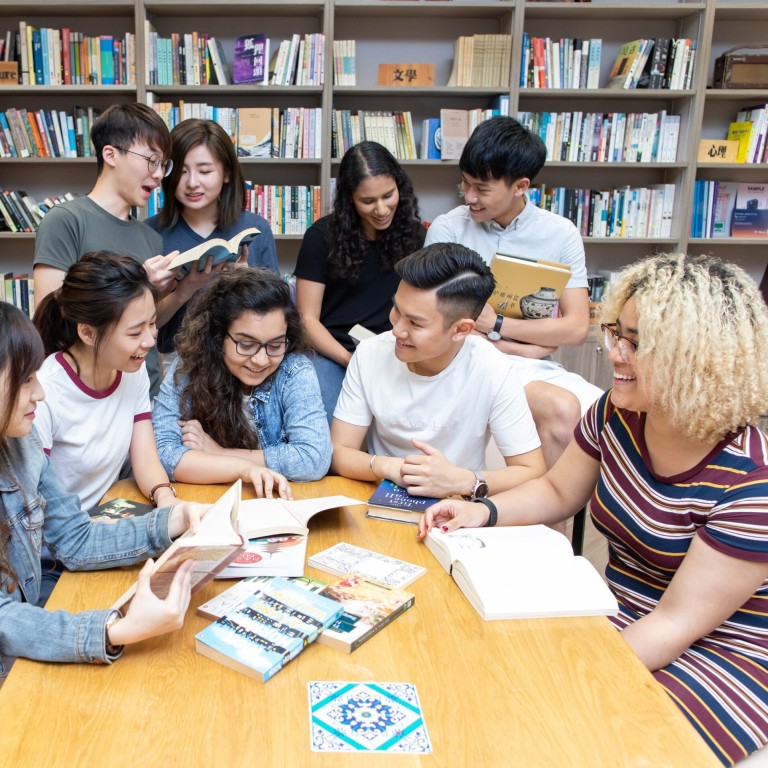
Critical thinking must remain end result of Hong Kong liberal studies move
- Changes to controversial subject that aims to replace rote learning should bring some clarity, but they also need to benefit the personal and social development of students
Education reform has become a priority of the Hong Kong government. This was made plain by Secretary for Education Kevin Yeung Yun-hung when he elaborated on key initiatives contained in the chief executive’s policy address.
In addition to enhancing awareness of national security and compliance with the law among students, school curriculums and staffing will also be strengthened. This is to be expected with the changes taking place in different sectors of society, and it is important that generations to come grow in a healthy environment and be equipped with the right skills and values.
The curriculum was due for review, having been in place for a decade. But coming after the student-led movement against the national education curriculum in 2012 and the pro-democracy Occupy protests in 2014, the overhaul is seen by some as being politically driven. This perception was enhanced after Beijing and the city government stepped up supervision of education and the conduct of teachers in the wake of last year’s social unrest.
Has liberal studies radicalised Hong Kong’s youth and should it be axed?
No one would dispute the need to improve the critical and analytical skills of students while strengthening their national identity and patriotism. There have been complaints that spoon-fed education has produced youngsters with good academic results who are incapable of solving problems independently. That is why the subject has rightly been preserved as part of learning and the university entrance requirement. Its purpose would be defeated if it became a tool to tame future generations. Whatever the new name, it must equip students with critical thinking and the knowledge to ensure better personal and social development.

